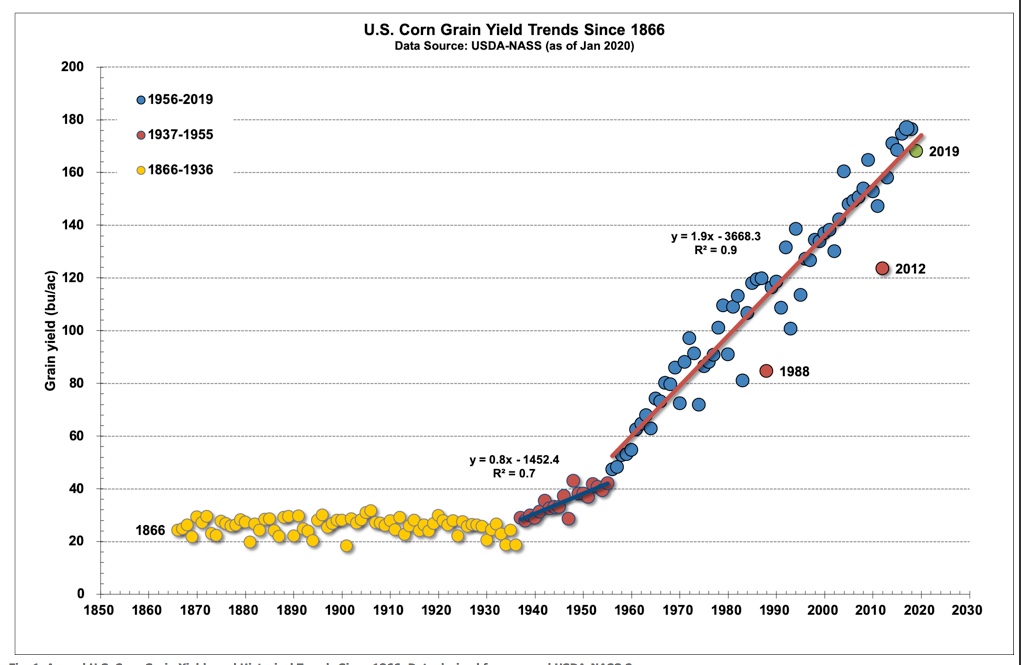Can we please leave government and politics OUT of this topic?
I understand for boats, and small engines that are not electronically controlled, and used rarely, ethanol can have some detrimental effects.
Why the hate for ethanol in your car that is driven routinely? Yes, it reduces volumetric fuel mileage...but it is usually compensated by price at the pump. It helps keep the engine cleaner, today's modern cars are designed to handle the fuel, it can improve maximum power output, it can improve knock resistance, it can increase octane, and can reduce overall emissions. Why the hate for the fuel as a fuel.
Again, I know there are political heartburn areas around the fuel, but putting that aside, I don't see any downfall to using ethanol as a fuel from an engine performance perspective.
I understand for boats, and small engines that are not electronically controlled, and used rarely, ethanol can have some detrimental effects.
Why the hate for ethanol in your car that is driven routinely? Yes, it reduces volumetric fuel mileage...but it is usually compensated by price at the pump. It helps keep the engine cleaner, today's modern cars are designed to handle the fuel, it can improve maximum power output, it can improve knock resistance, it can increase octane, and can reduce overall emissions. Why the hate for the fuel as a fuel.
Again, I know there are political heartburn areas around the fuel, but putting that aside, I don't see any downfall to using ethanol as a fuel from an engine performance perspective.

